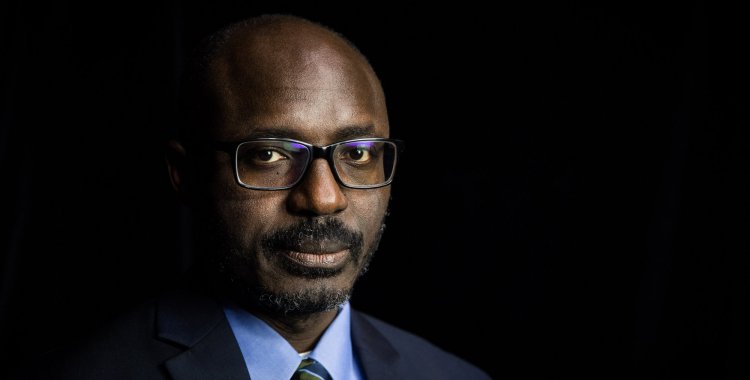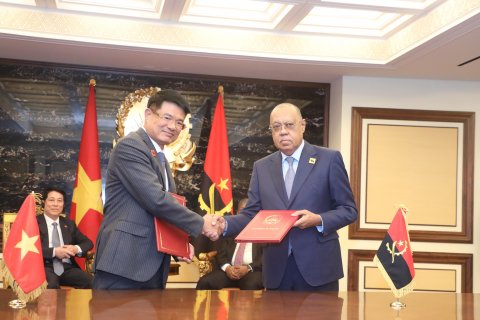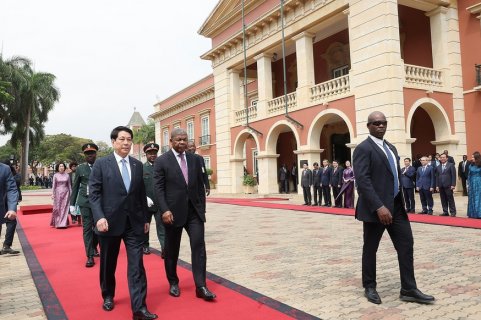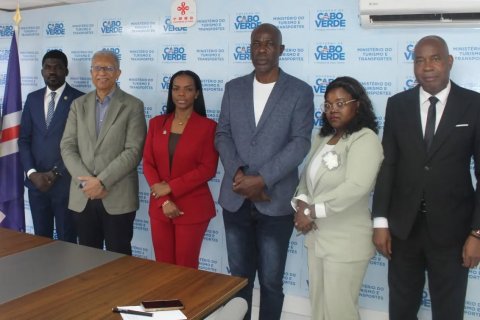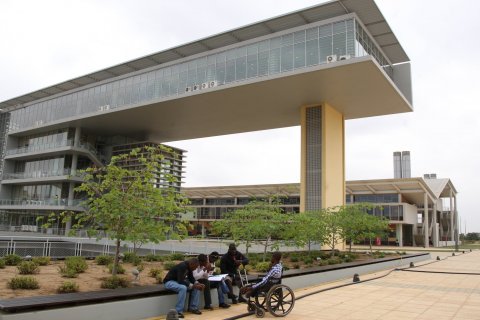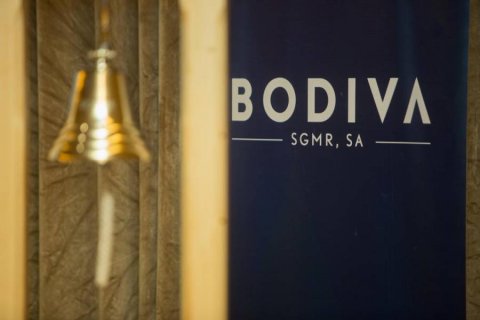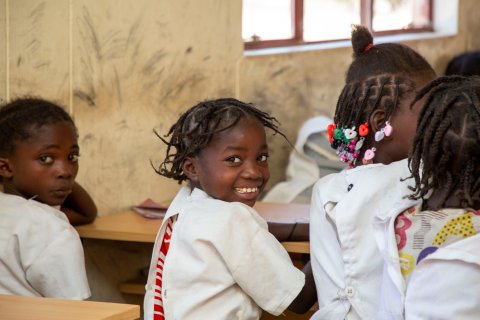"Our role, as an educator, as an individual who forms public opinion, is not to make demands if you leave or not, it is to continue to show why the judiciary does not work and why this power is being directed by individuals who are more qualified to head criminal associations than to head sovereign bodies", said Rafael Marques, in statements to Lusa.
Commenting on the publicized crisis in the judiciary, rejected, however by the President, João Lourenço, in an interview with Radio France International (RFI), the activist considered that the crisis in the judicial system is a reality and the statesman's vision is "reducing the will of the Angolans".
"It is the President's point of view. According to his vision for the country there is no crisis, now for us, citizens, the judicial power is moribund, it is practically dead, so here we have divergent opinions", he stressed.
In this way, he stressed, we have the President of the Republic "who thinks differently, according to his vision for the country, which is a vision that reduces the will of the Angolans", and on the other hand "the reality that every day Angolan citizens face due to lack of justice".
To substantiate his arguments, the journalist and director of the Maka Angola portal pointed out cases of citizens who he said had been waiting for a court decision for 10 or 15 years.
"So, how are we going to say that there is no crisis in justice? I mean, we only lifted the veil of the rottenness of the judicial system, which in a certain way is the veil of the rottenness of the organs of the institutions of the State", he referred.
"[Hence] we have to start thinking seriously about how we manage to climb that mountain, which is to be in the presence of a completely dysfunctional State, the President is comforted with that State, because it is not starving", he shot.
Rafael Marques argued, however, that "the President of the Republic is fine, he has his life and that of his family resolved, but most Angolans do not".
"So the country is not just the President, that's why we, as citizens, have to look after the country, not by the words and actions of the President, but, above all, by the collective will of Angolan citizens who want a better country, which want a functioning country," he added.
The President considered on Thursday that there is no "institutional crisis" in Angola, although he recognized that there are problems in the Court of Auditors and investigations that are taking place in the Supreme Court.
"An institutional crisis in the country is very strong to say that, too strong," said João Lourenço, interviewed by RFI, when asked about the situation in the Angolan courts.
The resigning president of the Court of Auditors (TdC), Exalgina Gambôa, resigned on Wednesday to the President of the Republic, informing the Superior Council of the Judiciary, one day after being accused of extortion, embezzlement and corruption, in a lawsuit which also includes his son Haile Vicente da Cruz, also accused.
On Monday, João Lourenço announced that he had invited Exalgina Gambôa to resign on February 21 due to several "occurrences" that involved her, but the judge only resigned two days later, after asking for early retirement and being accused.
Regarding the resignation of Exalgina Gambôa, the journalist said that the judge left the position "due to public pressure, due to the complaints that were made about the way in which she transformed the Court of Auditors into her private piggy bank and into a travel agency for her children".
"[And] from other negotiations that came to light, including the demand for 1 percent of the Lobito refinery and the attempt at extortion, blackmail, so to speak, so that certain contracts were endorsed, especially at the level of the Ministry of Energy and Water in exchange for a contract for the children to have the business of assembling high voltage transmission lines", he pointed out.
Rafael Marques defended the need for society to reflect on how it is organized and how the judiciary is organized, "aiming at reforms so that the executive branch has less political interference and the judiciary can have its independence in terms of sovereign decisions".
"What we see today is the way in which power is structured and what was noticed is that the president of the Court of Auditors did not share the institution's budget with her peers and made the institution's budget her private account", he noted.
Alluding to complaints on his website, Marques stressed that the President of the Supreme Court, Judge Joel Leonardo, "until today" has not submitted a single budget of the institution for the approval of his peers, "as required by law".
"Therefore, when the holders of the main organs of justice are allowed to violate budgetary norms, violate basic rules, management procedures, then, it is very difficult to guarantee that these individuals are impartial in their actions and have the capacity to judge fairly and to according to law", he considered.
"Because they are not used to following the law in their daily professional life, so from here on these are the issues that we have to analyze", he added.
The activist also defended public debates around the Angolan judicial system, "to attack the causes of the rottenness of the judicial system so that there can be changes that are not dependent exclusively on the will of the President of the Republic".
"But, from the popular will, because the judges act according to the popular will and not by the will of the President [of the Republic]", he stressed, noting that "the one who confers sovereignty on them is the people" and "justice is done in name of the people and not in the name of the President of the Republic".
Regarding the position of the President, to the RFI, on the TdC, Rafael Marques defended that it is up to society to continue to present evidence, to make accusations, because the word of the head of State "is not the most important of the nation".
"It is the popular will, the very power of the President of the Republic emanates from the popular will, his legitimacy emanates from the popular will, as well as that of the judges, so it is the people who also have alternative representatives who will continue to scrutinize the judicial power ’ he countered.
"What does it look like when the President of the Republic recognizes that the President of the Supreme Court is suspected of acts of corruption? And then, let's say an individual who is suspected of being corrupt has the moral capacity to judge the corrupt?", he questioned.

